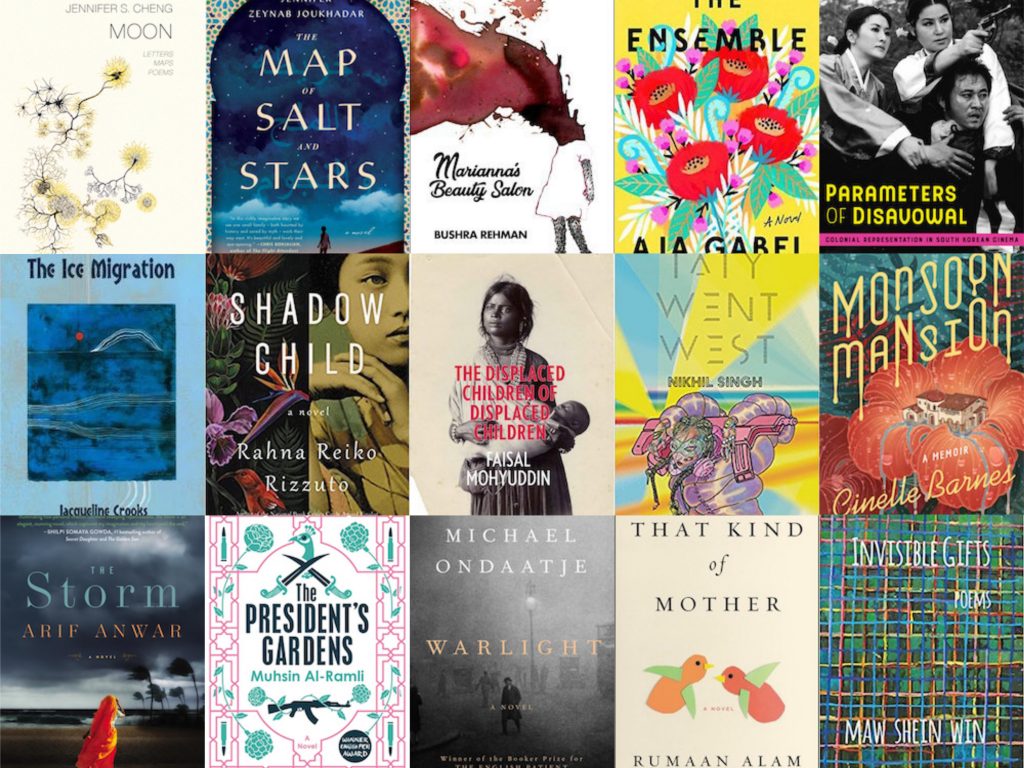Radical Taiwanese American poetry, Yasunari Kawabata’s final manuscript, a novel of the Sri Lankan refugee crisis, and more.

January 26, 2018

Asian Video Cultures: In the Penumbra of the Global ed. by Joshua Neves and Bhaskar Sarkar
From banned Bollywood movies in Nigeria to the cosmopolitics of k-pop music videos, the essays in Asian Video Cultures complicate Asian media’s relationship to global culture, economy, and the digital world. Turning away from America and the West, this “milestone collection” reimagines the Asian experience of global media. (Duke University Press, December 1)
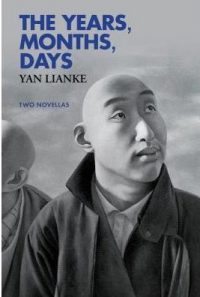
The Years, Months, Days by Yan Lianke
Two of Yan Lianke’s most acclaimed novellas are included in his latest book. “Marrow,” the story of a widow who will go to any length to take care of her children, and “The Years, Months, Days,” the winner of the Lu Xun Literary Prize, the bestselling tale of an elderly man who refuses to leave his village when a drought forces everyone else to leave. (Black Cat, Dec 5)
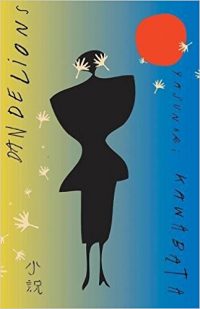
Dandelions by Yasunari Kawabata, trans. Michael Emmerich
When Yasunari Kawabata committed suicide in 1972 he left behind Dandelions, an unfinished manuscript composed of conversations between a young woman’s lover and mother after entering her into a mental hospital. Afflicted by bouts of selective blindness, Ineko’s lover insists she is madly in love, and her mother believes she is going crazy. The first Japanese writer to win the Nobel Prize, Kawabata has left another work of “quietly devastating fiction.” (New Directions, Dec 12)

The Book of Cord by Leona Chen
Leona Chen’s debut collection grapples with her Taiwanese American identity, something she calls “a radical act” with “profound implications.” These fragmented, lyric poems written in English and Taiwanese Hokkien compose a “a powerful inscription of an effaced history.” (Tinfish Press, Jan 1)
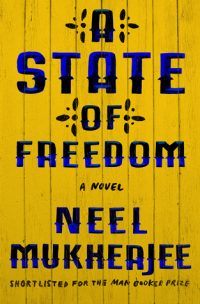
A State of Freedom by Neel Mukherjee
Following the lives of five disparate men and women in contemporary India, Neel Mukherjee’s third novel is an expansive look at migration, poverty, and the great distances from one life to another. “A furious, unsparing, clear-eyed study of how a society’s gross inequities of money and power demean and deform the human condition,” wrote Hanya Yanagihara. (WW Norton, Jan 2)
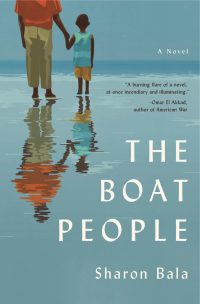
The Boat People by Sharon Bala
When Mahindan flees Sri Lanka’s civil war with his young son in a cargo ship with hundreds of other refugees, he is ready to start a new life in Canada. But when they reach Vancouver they are all thrown into a detention center and accused of being a threat to national security. Written from the perspectives of Mahindan, his Sri Lankan Canadian lawyer, and the Japanese Canadian politician in charge of his fate, The Boat People “is an intimate portrait of one of the great humanitarian crises of our time.” (Doubleday, Jan 9)

Little Reunions by Eileen Chang, trans. Jane Weizhen Pan and Martin Merz
Eileen Chang finished Little Reunions in 1976 but the novel wasn’t published until 2009 in China, where it sold over a million copies. Loosely biographical, Little Reunions follows Julie, a young woman who carries out a fractious, passionate love affair with a collaborator with the Japanese puppet regime in Hong Kong. (NYRB Classics, Jan 16)
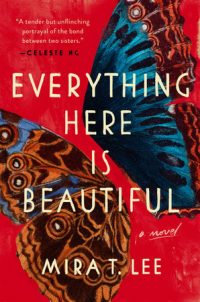
Everything Here is Beautiful by Mira T. Lee
Miranda has always taken care of her impulsive little sister Lucia, even after their mother’s death and when Lucia leaves her older husband to have a baby with another man. But it’s when Lucia starts hearing voices that Miranda struggles to try to save her. “A tender but unflinching portrayal of the bond between two sisters,” Everything Here is Beautiful is Mira T. Lee’s first novel. (Pamela Dorman Books, Jan 16)

